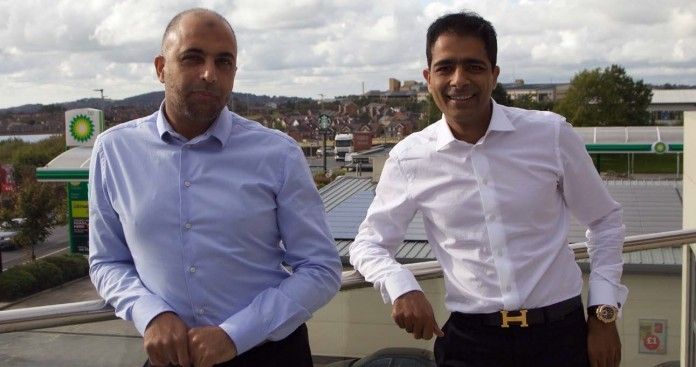- Friday, April 26, 2024

By: Chandrashekar Bhat
BLACKBURN’S Issa brothers are mulling over joining the race to acquire pharmacy chain Boots as the billionaire owner of Asda and EG Group seek to diversify their retail portfolio further, media reports said.
Boots’ parent Walgreens Boots Alliance has begun a strategic review of the Nottingham-based chemist chain which has about 2200 stores in the UK.
Private investment firms Bain Capital and CVC Capital Partners are also mulling a joint bid for Boots which could be worth £10 billion, The Telegraph said.
Its auction, which is expected in the coming weeks, is likely to attract large retainers.
However, the Issas’ debt-driven expansion plans may face hurdles as borrowing costs are edging higher with central banks seeking to contain inflation.
The siblings – Mohsin and Zuber – who began their retail business with just one fuel station two decades ago but went on to expand their empire beyond the UK, took over Asda from Walmart in a £6.8 bn deal.
They borrowed £3.5bn to finance the transaction and their debt mounted by a further £500 million after their plans to sell Asda’s petrol stations to EG Group fell through.
The Issas did not react to media reports about their interest in Boots.
Founded as a herbal medicine store in Nottingham in 1849, Boots went through a series of acquisitions over the years.
In 2014, it became a subsidiary of Walgreens Boots Alliance after Walgreens bought a controlling stake in Alliance Boots.
It was reported last year that the Issa brothers were weighing the option of merging Asda with EG Group and that they were planning to offload their Australian fuel station chain.